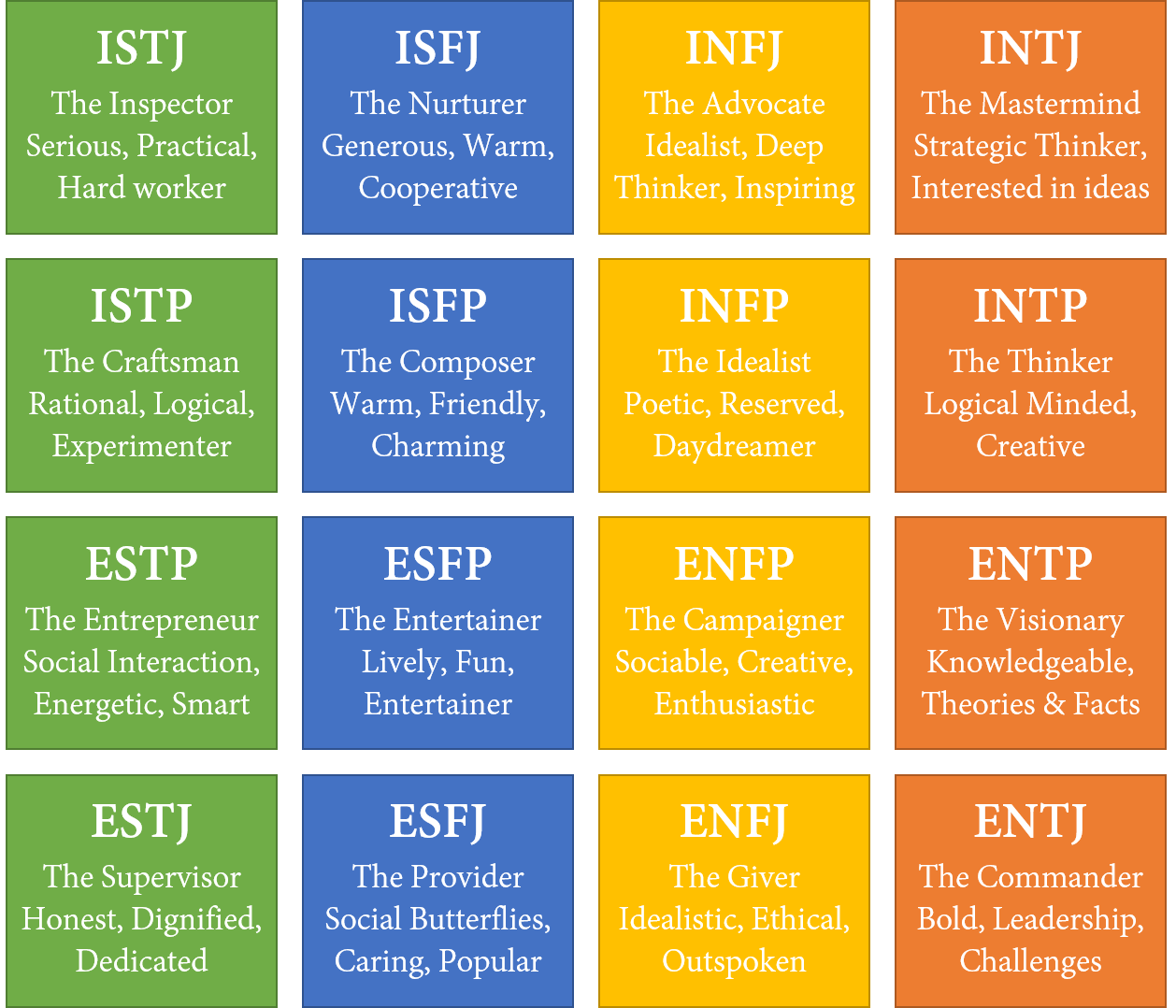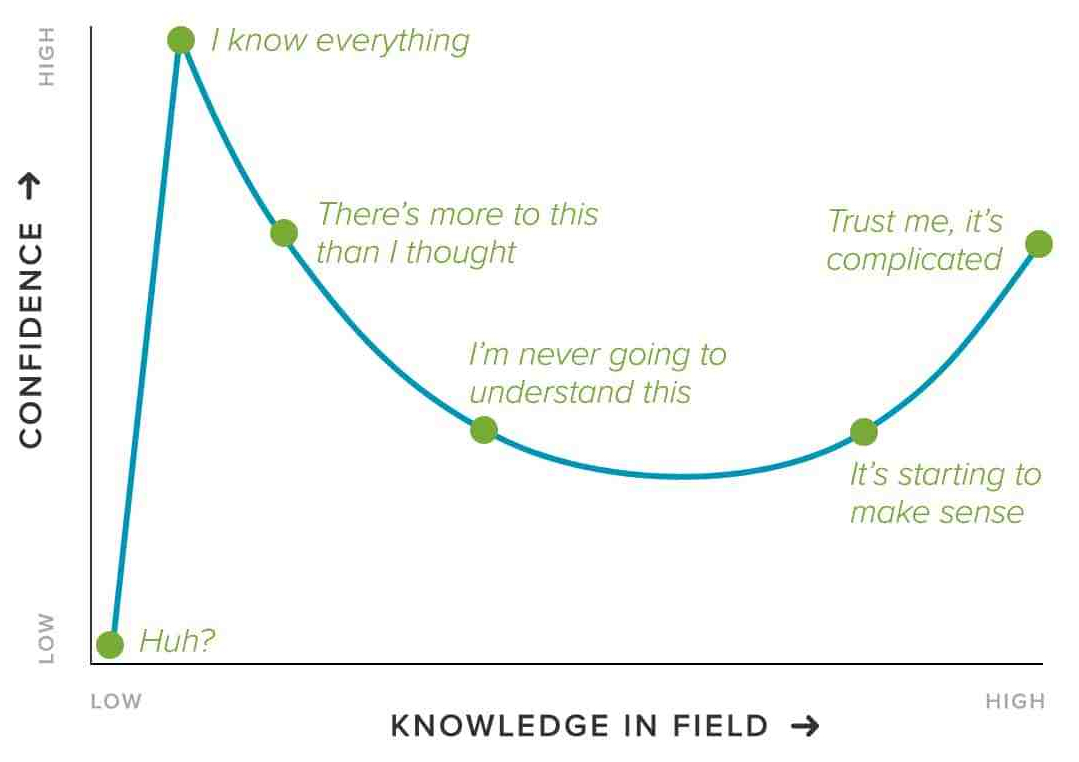Every human being is unique. Each of us has a unique DNA, a unique experience of life, and a unique outlook to the future. Nonetheless, as a species – Homo sapiens, we all share some traits at different degrees: we tend to over-generalize, we procrastinate, we are curious, etc. Moreover, if we scan the history and the geography of human societies, we notice some patterns in the characters: the leader, the soldier, the scientist, the rebel, the traitor, the altruist, etc. We don’t find it difficult to compare one or more characters of a story to other characters in other stories…
The study of human behavior and personality has gained increased attention in the last two centuries and has evolved from pseudoscience theories (such as phrenology and physiognomy) to an established branch of psychology.
In a previous post “Who Are You, Really? – Brian Little“, the personality is defined as the result of the following determinants: biogenic (inherited genes), sociogenic (culture and values) and idiogenic (individual decisions and will) traits. The OCEAN model for human personalities and behavior was used as a tool to assess the basic personality traits.
Many other models exist in the literature. In this post, the following personality models are presented: MBTI, FIRO-B, SDI, and DISC. These models are widely used today in the corporate world (in hiring and management), and they are part of some management programs. All the models are based on psychological research studies and are formulated as introspective self-report questionnaires that can be found online.
MBTI – Myer Briggs Type Indicator
The Myers–Briggs Type Indicator (MBTI) is a personality assessment model that was constructed by Katharine Cook Briggs and her daughter Isabel Briggs Myers. It is based on the conceptual theory proposed by Swiss psychiatrist Carl Jung. The personality traits are grouped into four categories:
- Introversion / Extraversion: What is your source of energy? From inside yourself (I) or from people (E).
- Sensing / INtuition: How do you perceive the world? As facts and details (S) or as possibilities and big picture (N).
- Thinking / Feeling: How do you make decisions? Using analytical thinking (T), or feelings and empathy (F).
- Judging / Perception: How do you organize your life? To-do lists and instructions (J) or flexibility and improvisation (P).
This produces 16 personality types as shown in the figure below. An individual can fall into one type, or between 2 or more types, depending on its score.
 Continue reading “What is Your Personality Type ?” →
Continue reading “What is Your Personality Type ?” →






